I met my friend Catie through the San Diego birth community. Back when I had my little ones and started my private practice focused on perinatal, or reproductive, mental health, Catie was one of San Diego’s most sought after birth photographers. In addition, she was influential in co-leading a local birth network and meet ups of birth professionals.
When Catie shared about her latest project, featuring women working from home, in black and white, with all the tools of their trade, I signed up. When I’m not in one tiny corner of my bedroom for my video sessions with clients from all over California, my private practice office comprises the corner of the playroom/ laundry station/ multi-purpose storage dump-all room.
Outside the Zoom crop
Surprisingly, Catie asked me not to hide any of the clutter or laundry baskets. She wanted us to show what lies outside the crop of a therapist’s professional window shown in Zoom. Give me all the comfy pants and dirty trainers, please. Indeed, a great private practice day for me alternates between video sessions and walking. Sometimes I’m walking around my neighborhood for phone sessions. Sometimes I get to meet local clients for “walk and talk” nature sessions in Tecolote Canyon or around Mission Bay.
Catie is planning to feature her black and white portraits in a book of the same name — Home/ Work — showing women with the “tools of their trade.” One thought was to see if readers could guess a profession based on the props. I think it might be easier for the upcoming acupuncturists and midwives… Can you tell I’m a reproductive psychotherapist based on any of my tools??
A reproductive psychotherapist’s tools
Besides a laptop, video platform/scheduling software, and a phone, a psychotherapist’s essential tools are pretty slim. I usually have water and chocolate nearby. Books. I realized I didn’t even have any copies of my own book as my inventory is totally sold out and I took my only copy of the Postpartum Depression Workbook to my office at MiraCosta College. (Seriously, I can’t even compete selling my own book anymore – just offer up my Amazon affiliate link if you’d like me to get the 4% kickback.)
Clinical hypnosis
One thing I’ve been using a lot more since completing the 100 hour course in Clinical Hypnosis and Strategic Psychotherapy with Micheal Yapko last year is my notebook and his textbook, Trancework. After more than 25 years in the mental health field, I’m pretty used to just rolling with whatever comes up for my clients. When it comes to reproductive psychotherapy, including grief/loss, stillbirth, birth trauma, perinatal mood and anxiety disorders, addiction, etc, I’ve heard it all. But hypnosis is a different way of working. In the style I’ve learned, each hypnosis session is carefully planned out with specific themes, metaphors and stories, to strategically help move stuck clients by giving them what they are most missing. (Should I write another blog post about hypnosis?)
It’s been a few years since I had openings for new clients. I gave up my office rental as well as my contracts with insurance companies. I see a few longterm clients, mostly on Saturdays and not every weekend. But occasionally, if someone is a very good fit, I see if I have room. I especially try to find space in my calendar for parents that have experienced loss/infertility, need someone also experienced with substance use, and other helping professionals. Best way to reach me is both email and text. (Yes, trying both! You would be surprised how often one doesn’t go through.)

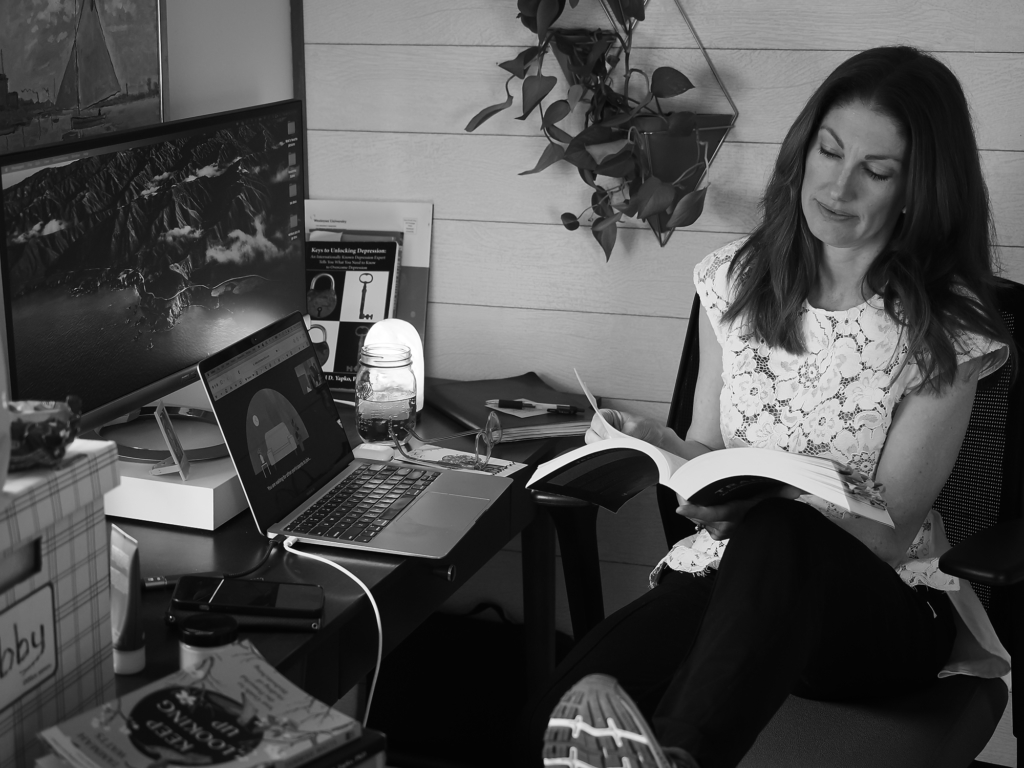
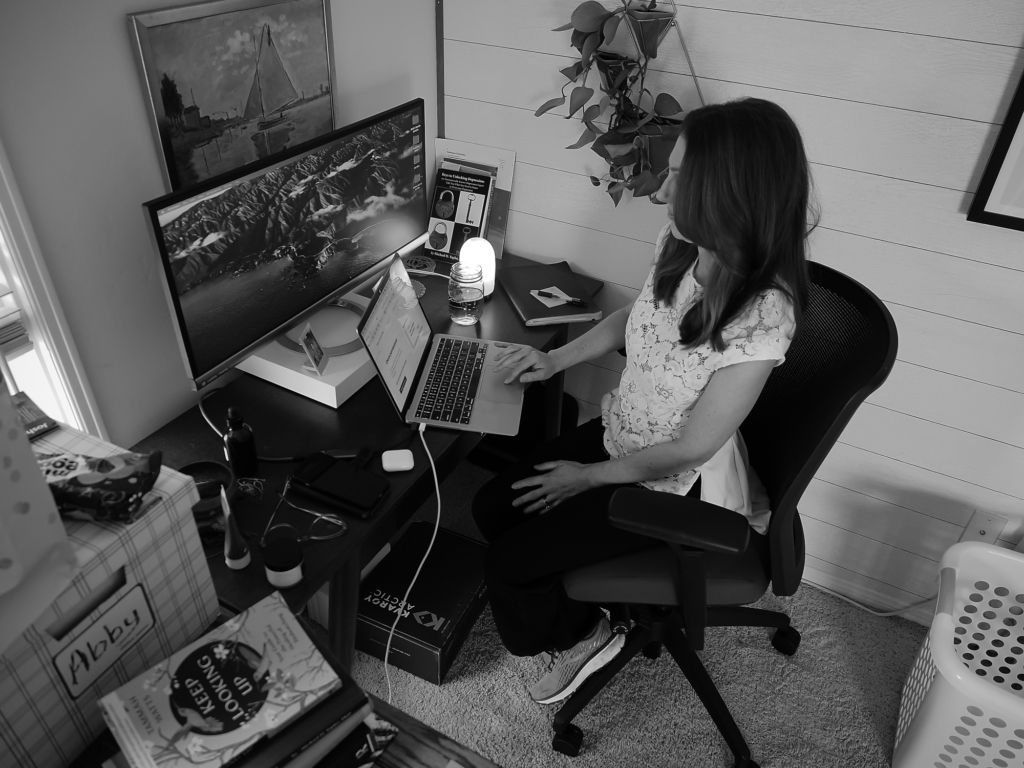

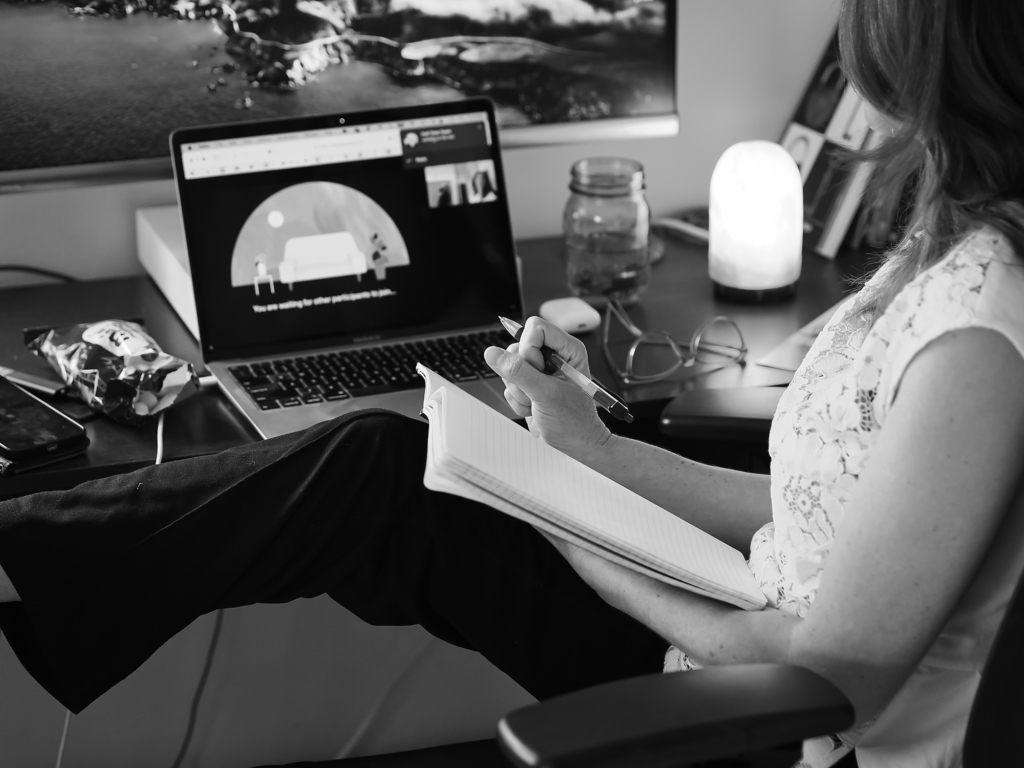
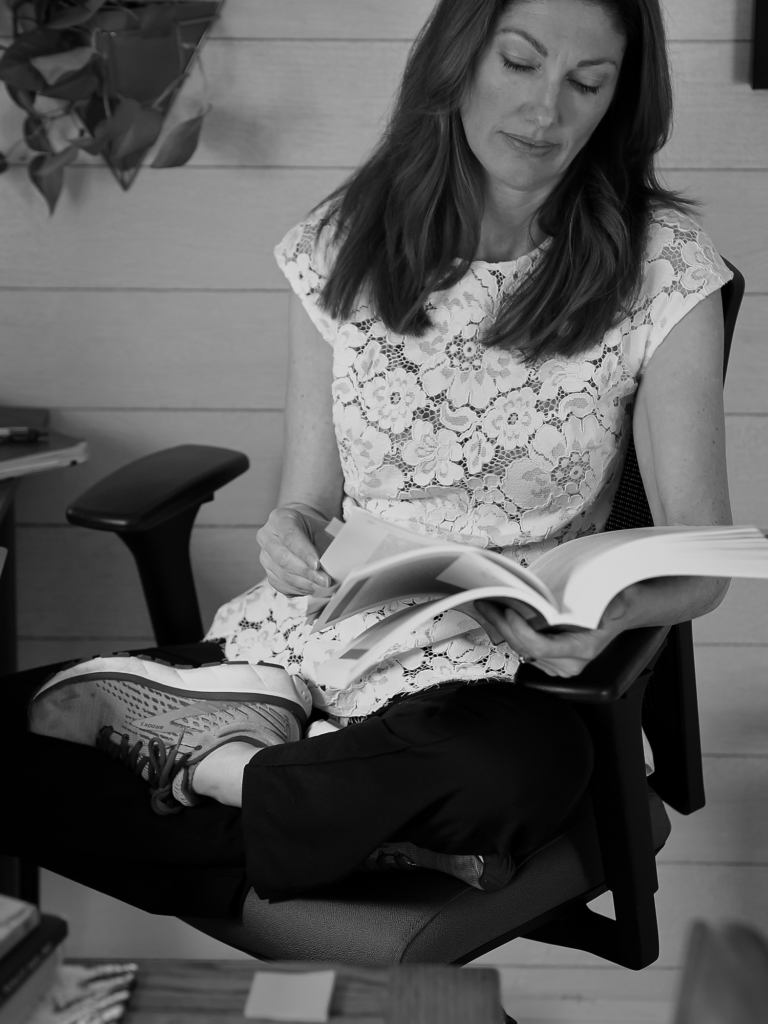
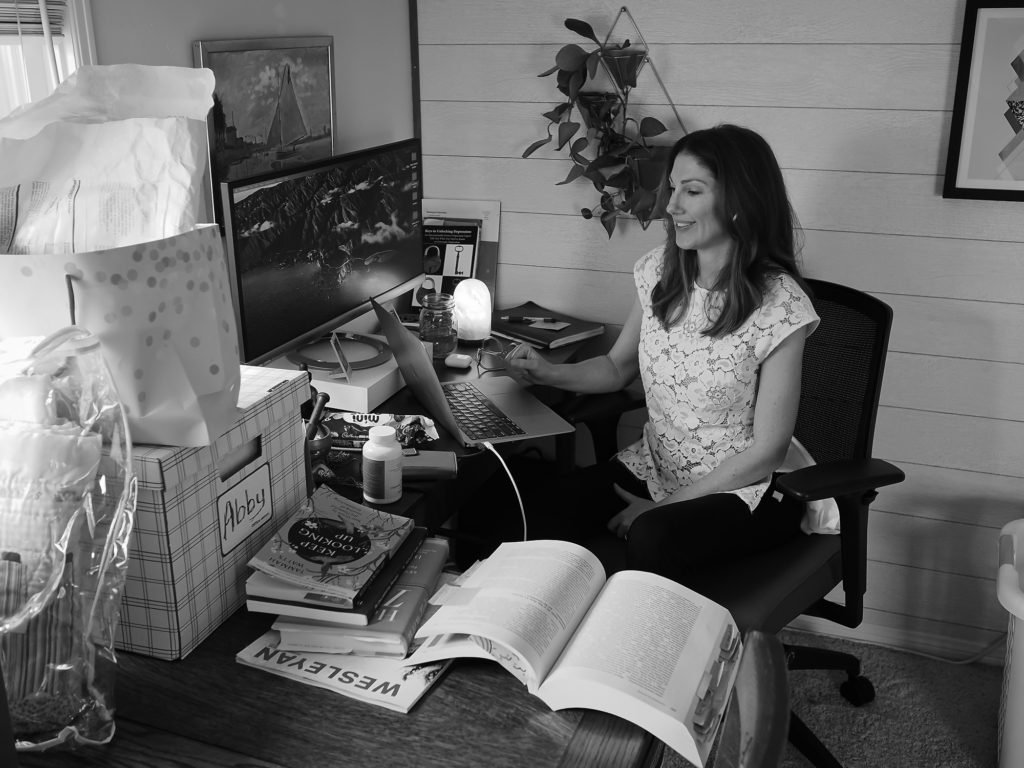
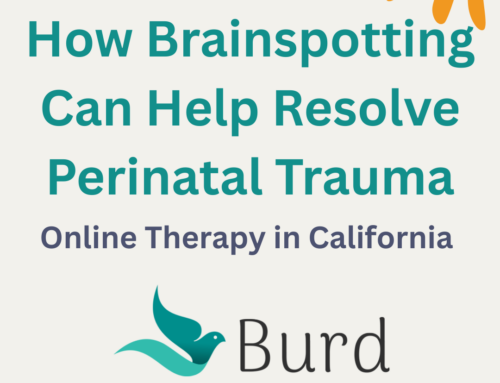
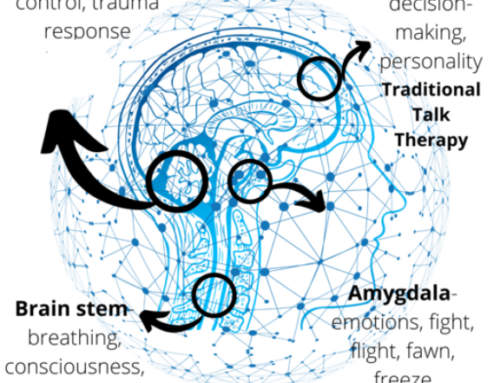
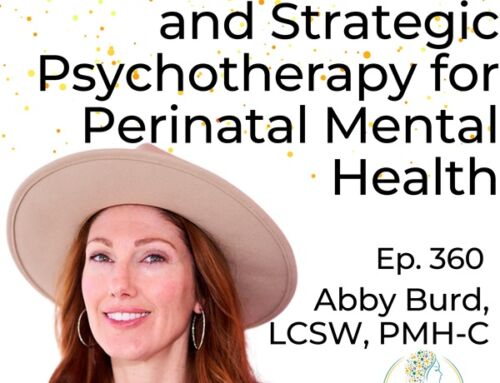


What are your thoughts?